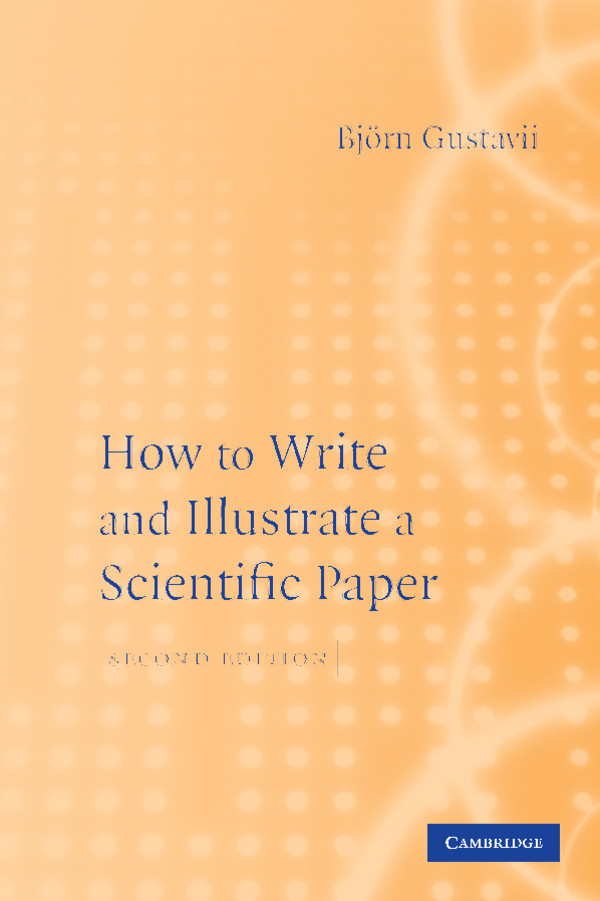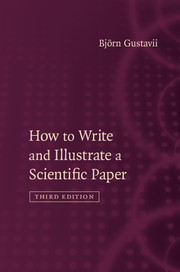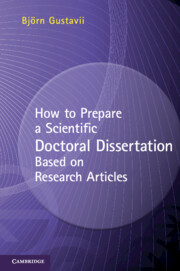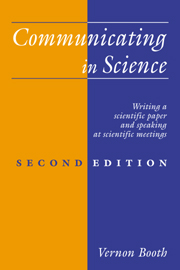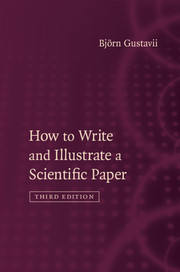How to Write and Illustrate a Scientific Paper
This second edition of How to Write and Illustrate a Scientific Paper will help both first-time writers and more experienced authors, in all biological and medical disciplines, to present their results effectively. Whilst retaining the easy-to-read and well-structured approach of the previous edition, it has been broadened to include comprehensive advice on writing compilation theses for doctoral degrees, and a detailed description of preparing case reports. Illustrations, particularly graphs, are discussed in detail, with poor examples redrawn for comparison. The reader is offered advice on how to present the paper, where and how to submit the manuscript, and finally, how to correct the proofs. Examples of both good and bad writing, selected from actual journal articles, illustrate the author's advice - which has been developed through his extensive teaching experience - in this accessible and informative guide.
- Concise and easy-to-read - full of common-sense advice, delivered with humour through the use of anecdotes
- Uses illustrations of good and bad writing from a number of well known journals such as The Lancet, JAMA and The New England Journal of Medicine
- Shows illustrative graphs taken from scientific papers, redrawn to demonstrate how they can be improved
Reviews & endorsements
"Easy to read and (unlike some publications) populated with excellent positive and negative examples, this work will have novices up to speed in no time at all, and give established writers a list of things they need to work on."
Choice
"This volume should be a welcome addition to the shelf of any biologist who advises graduate students in the travails of scientific writing and reviewing."
Linda Trueb, The Quarterly Review of Biology
Product details
May 2008Adobe eBook Reader
9780511389085
0 pages
0kg
This ISBN is for an eBook version which is distributed on our behalf by a third party.
Table of Contents
- 1. Basic rules of writing
- 2. Comments on scientific language
- 3. Drafting the manuscript
- 4. Choosing a journal
- 5. Preparing a graph
- 6. Drawings
- 7. Figure legends
- 8. How to design tables
- 9. Title
- 10. Authors
- 11. Abstract
- 12. Introduction
- 13. Methods
- 14. Results
- 15. Discussion
- 16. Acknowledgements
- 17. References
- 18. PhD and other doctoral theses
- 19. Letters and case reports
- 20. Numbers
- 21. Abbreviations
- 22. How to present statistical results
- 23. Typing
- 24. Dealing with editors and referees
- 25. Correcting proofs
- 26. Authors' responsibilities.

